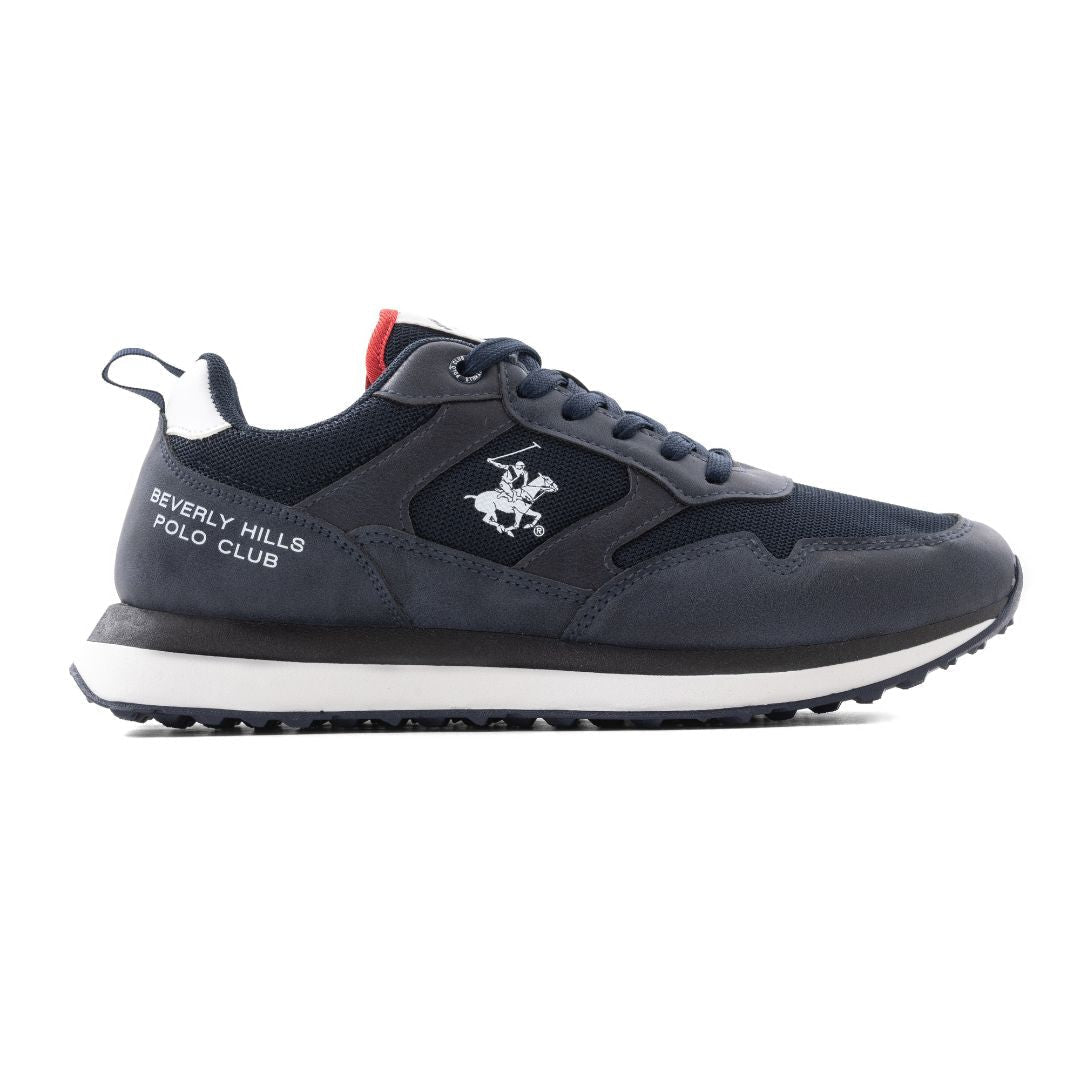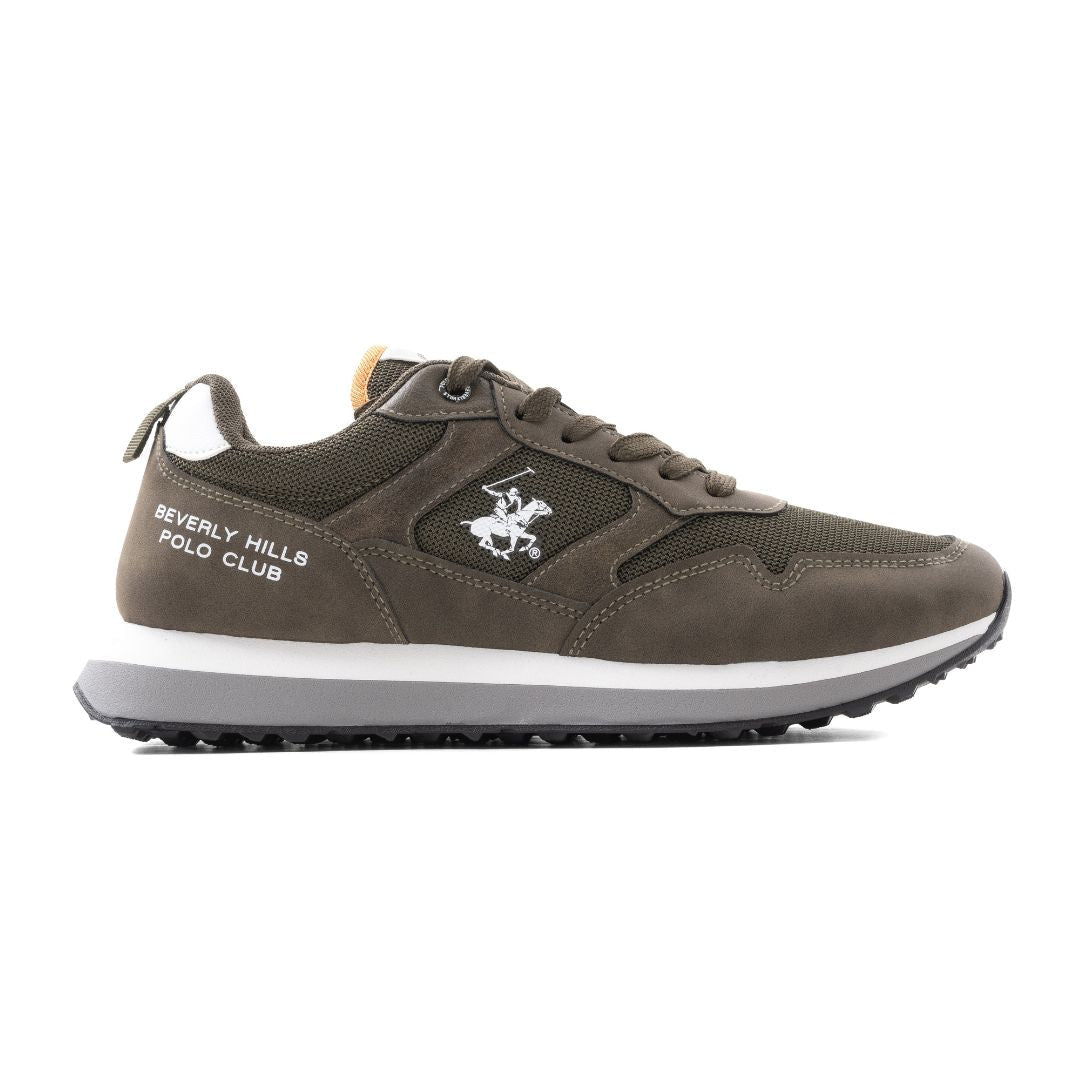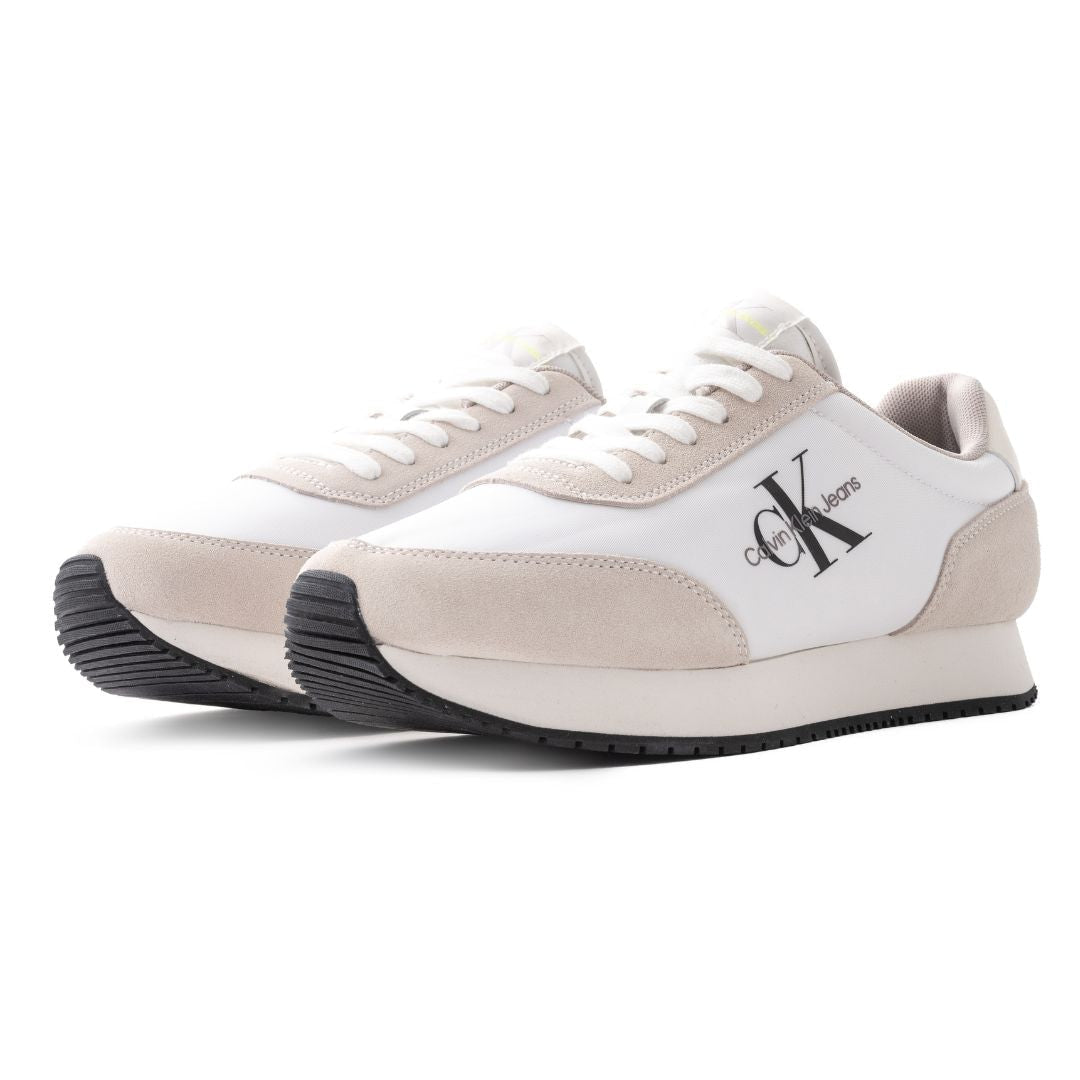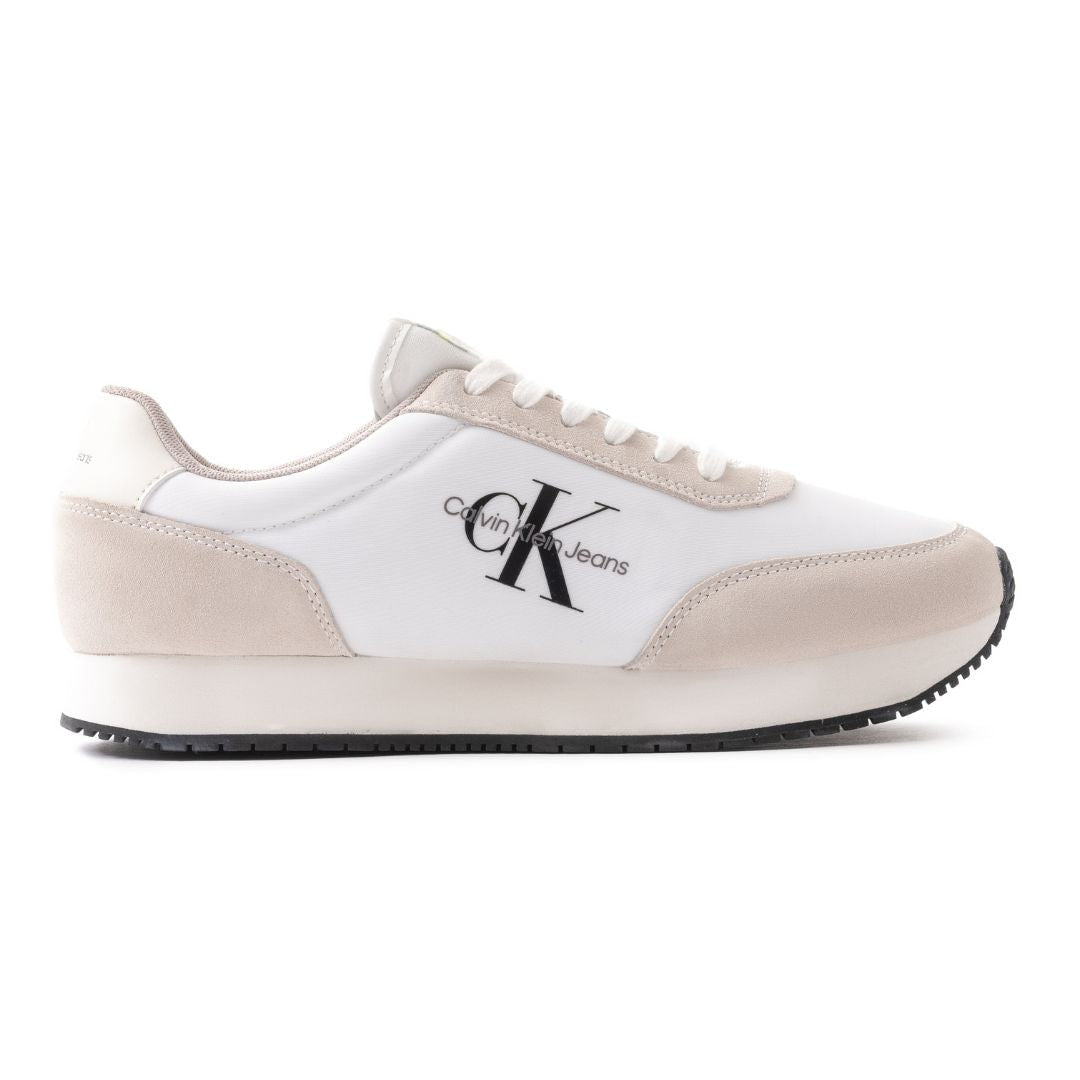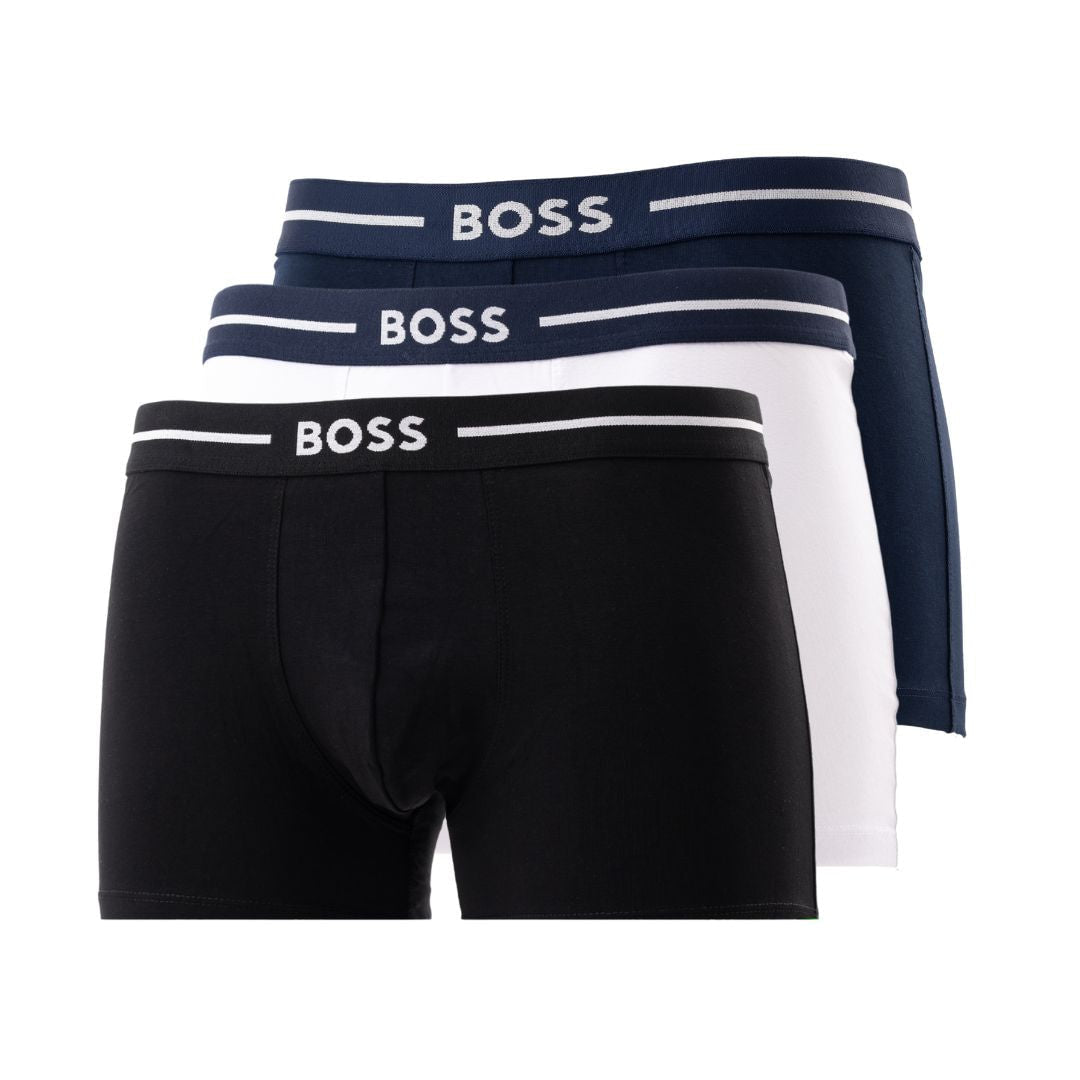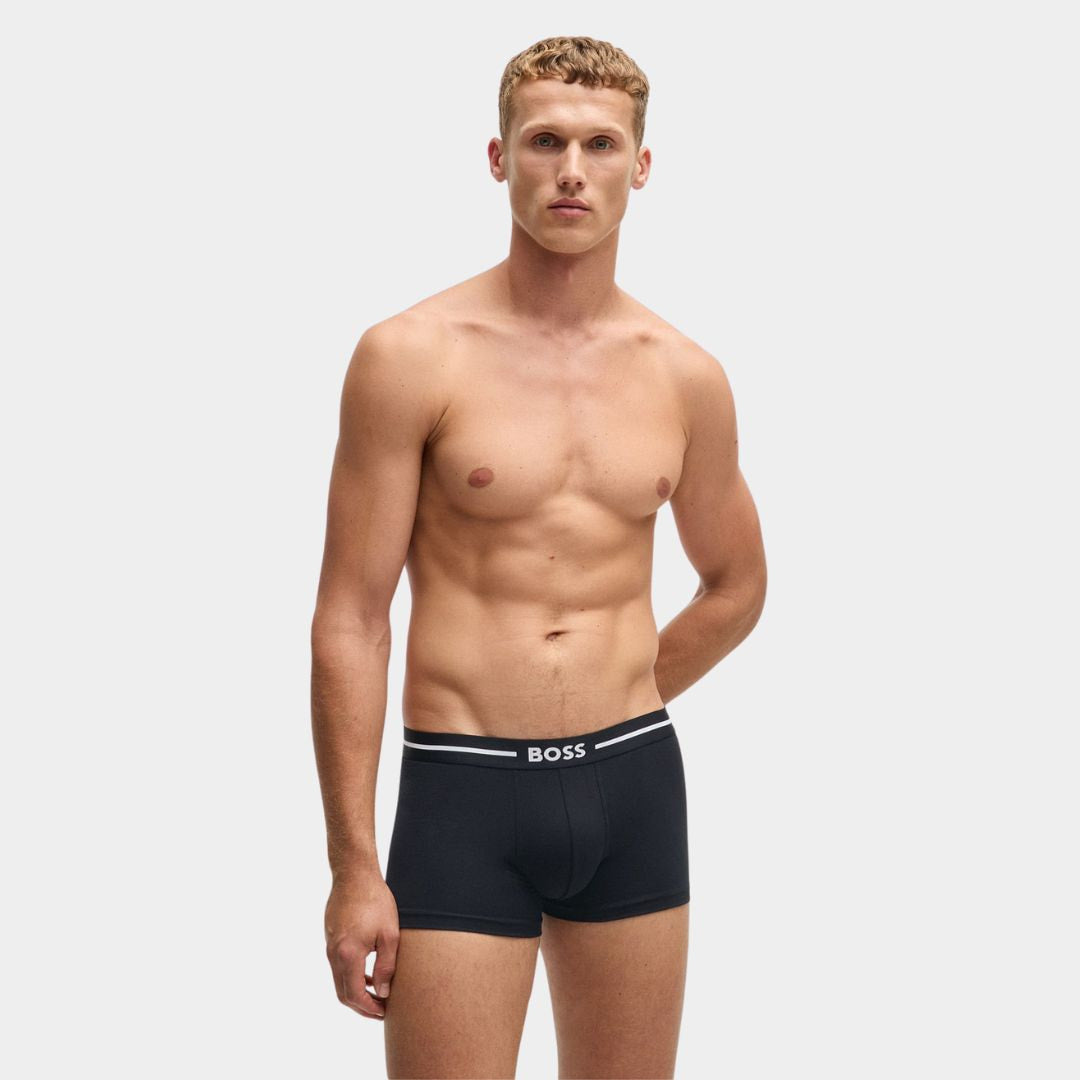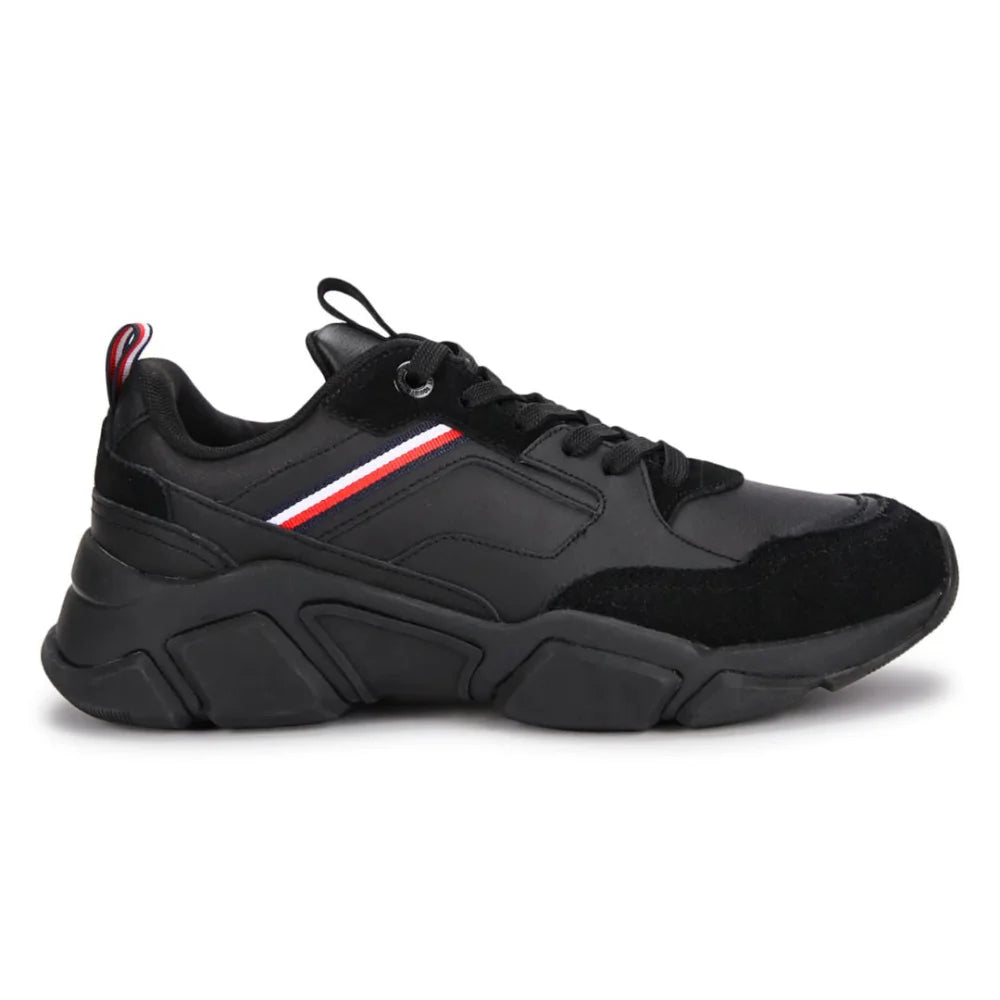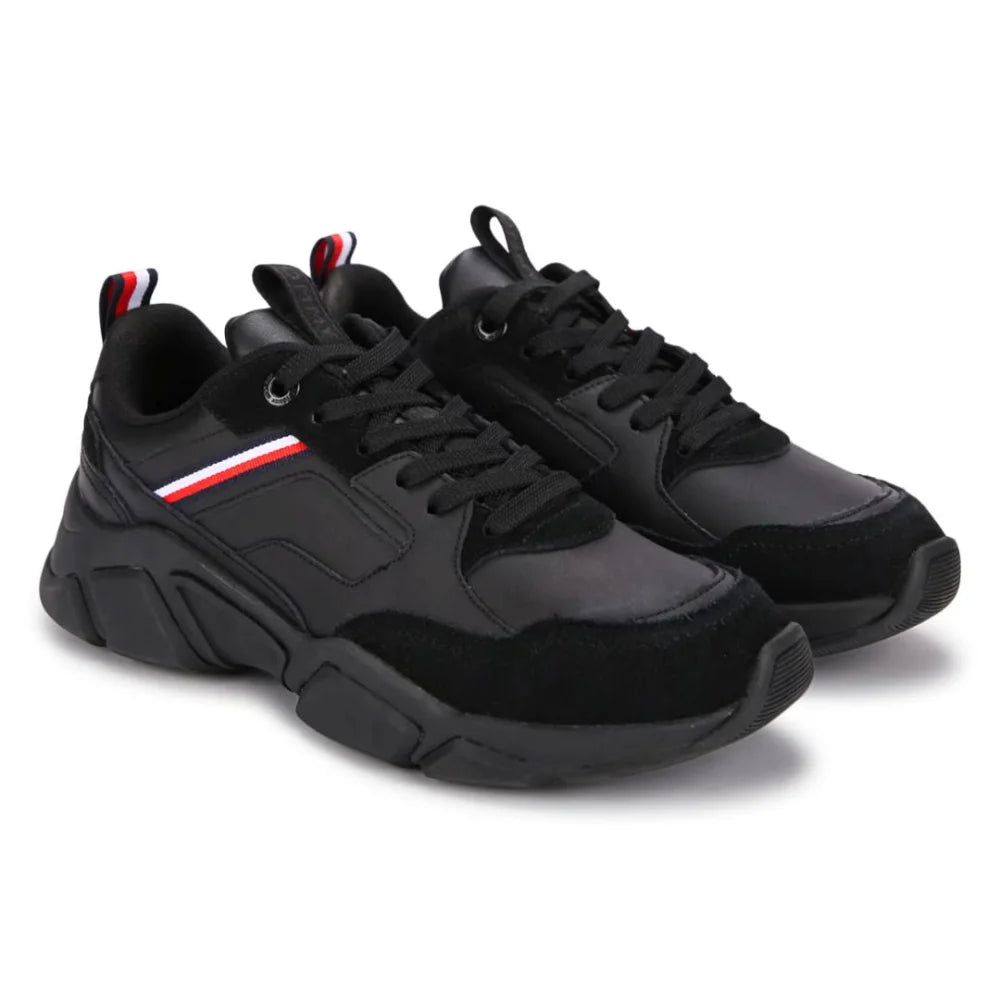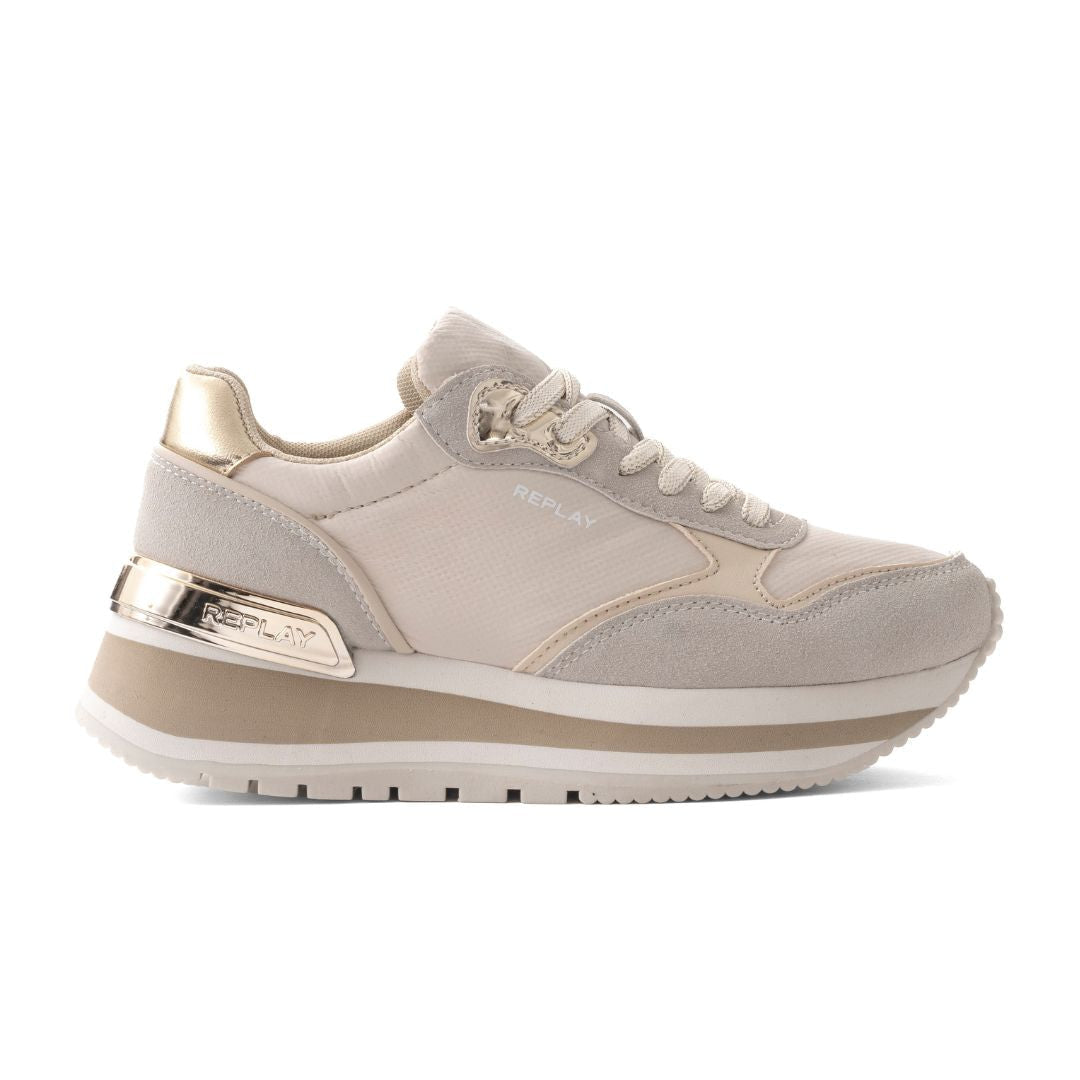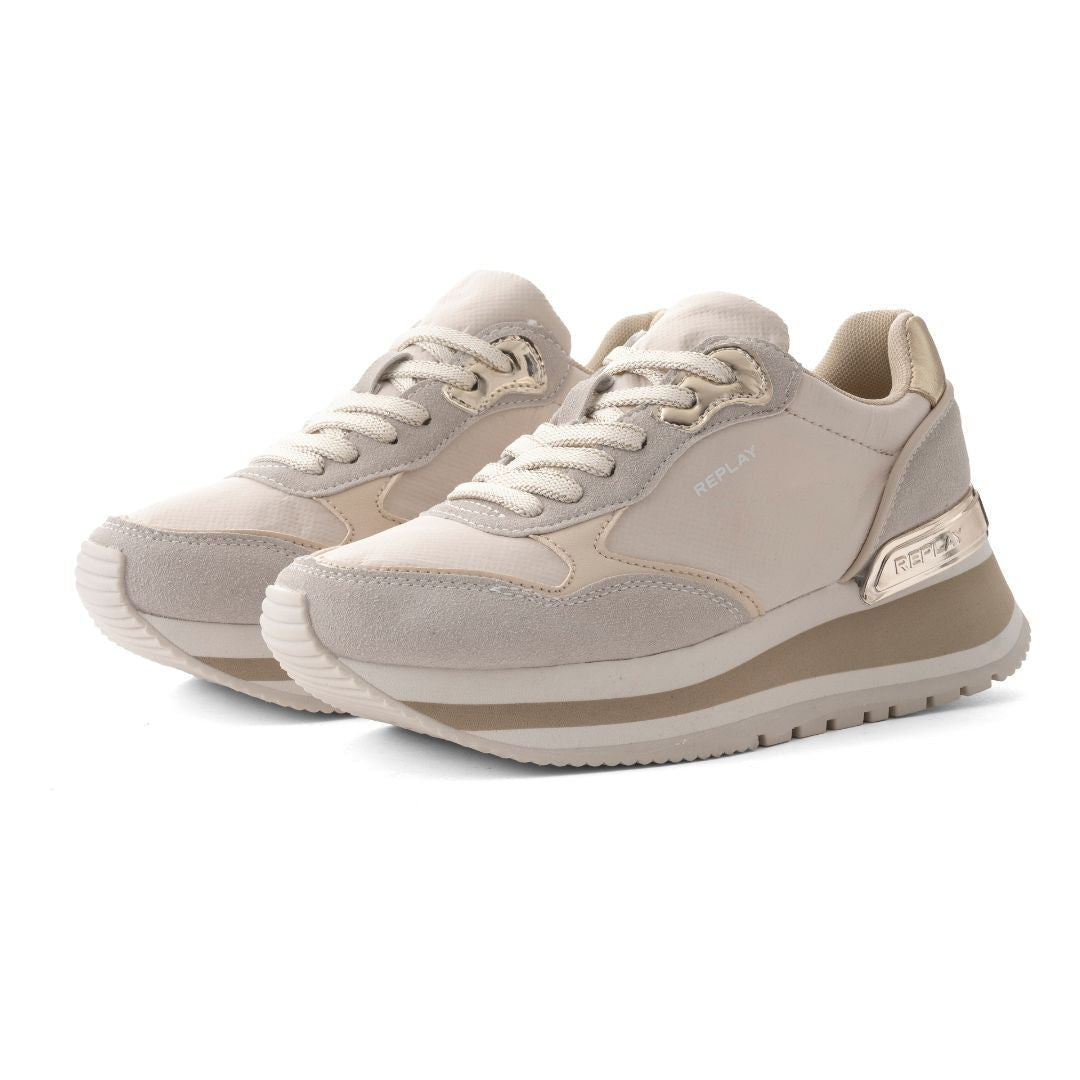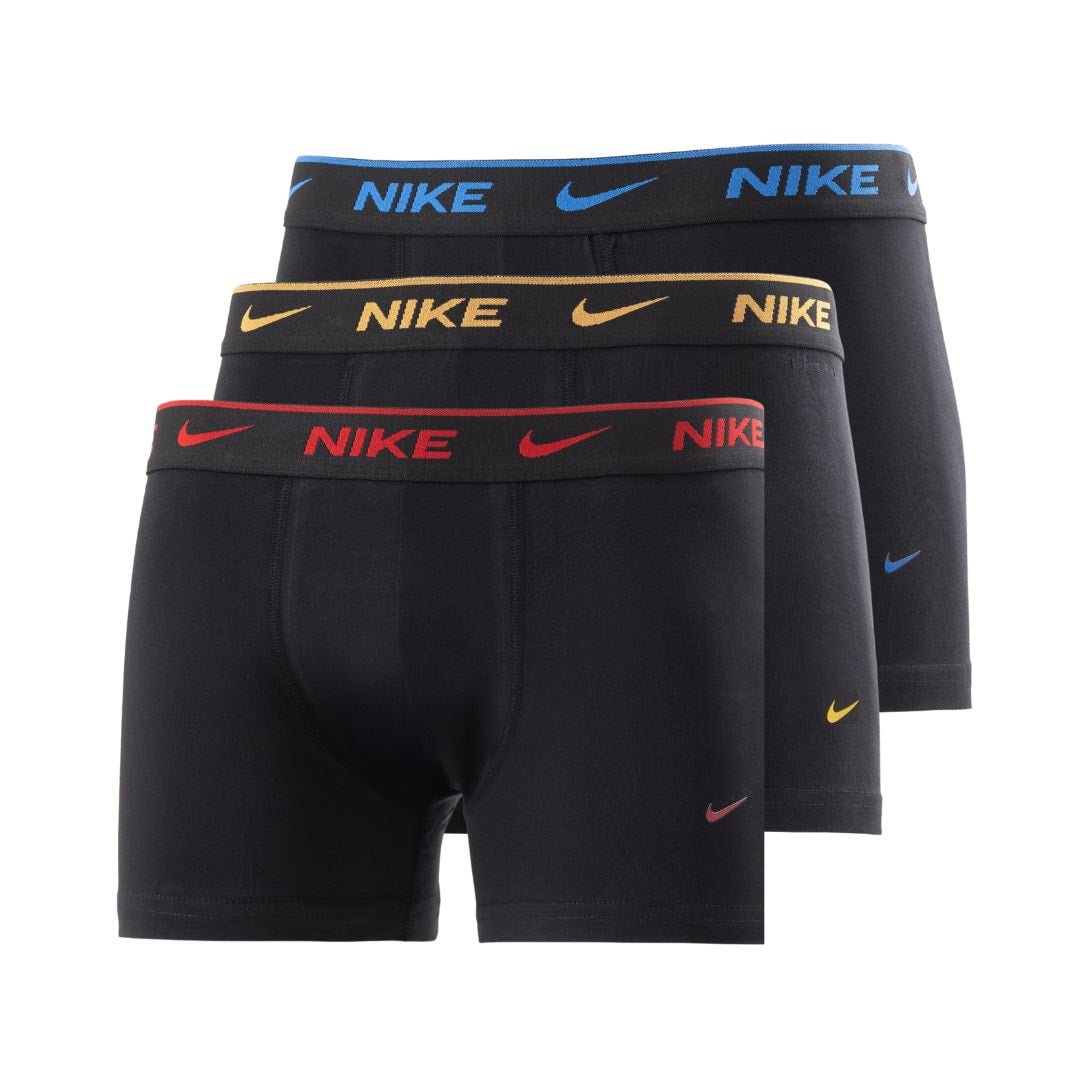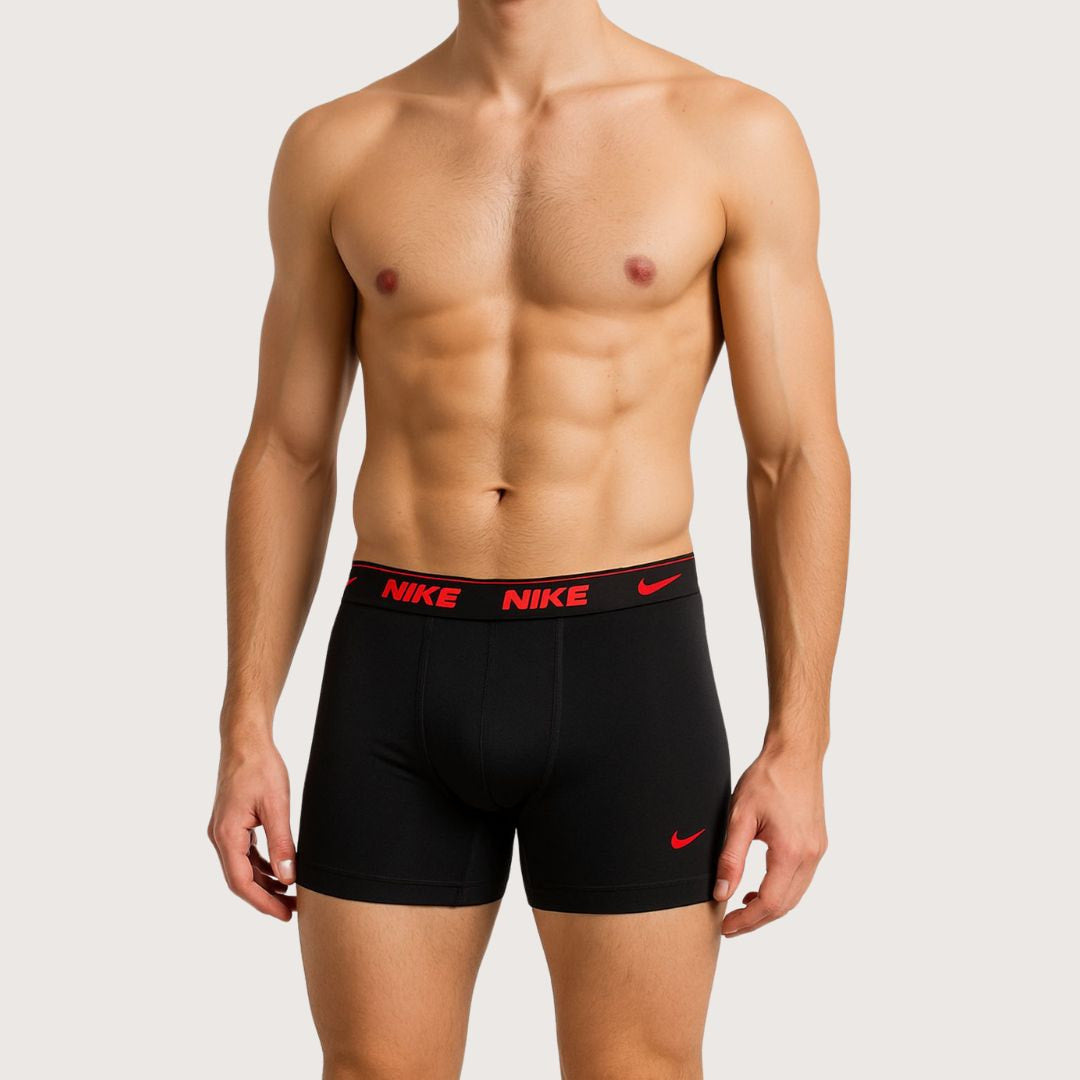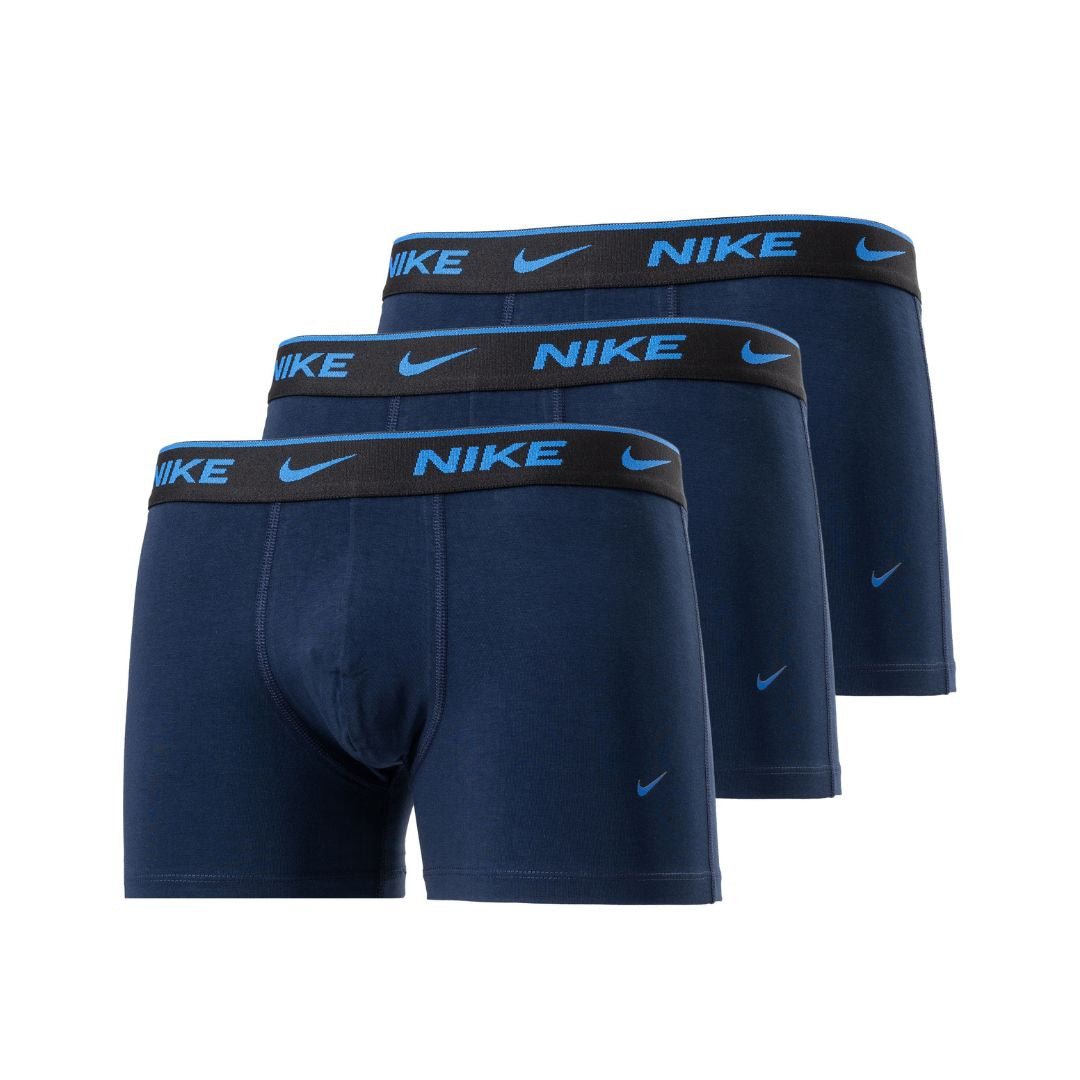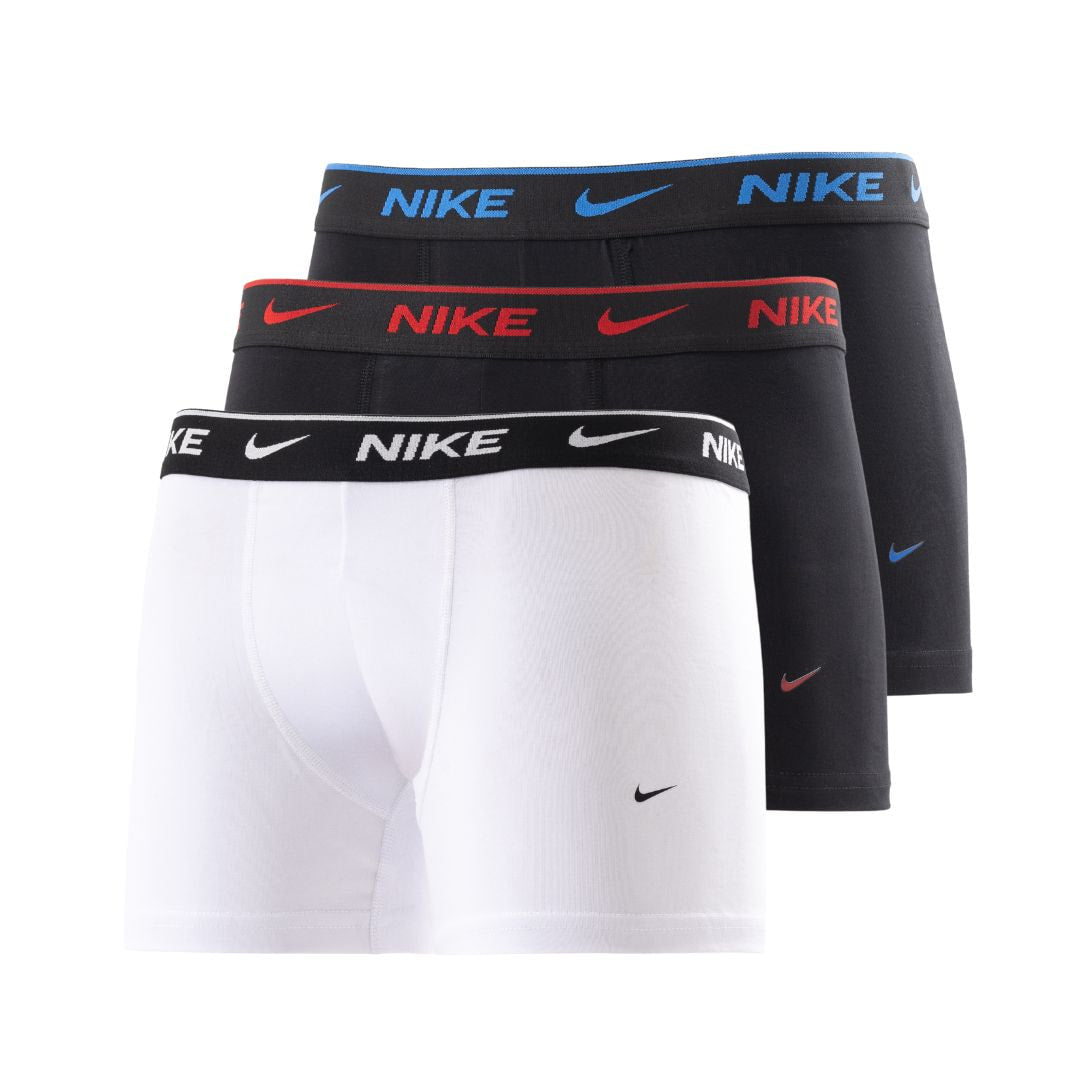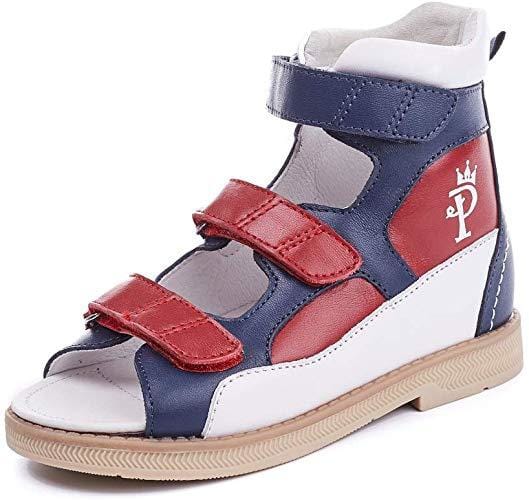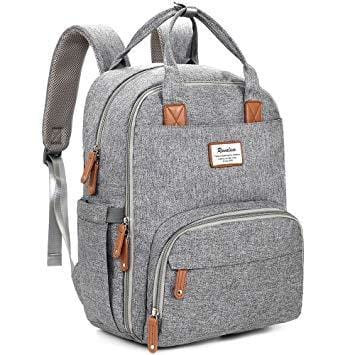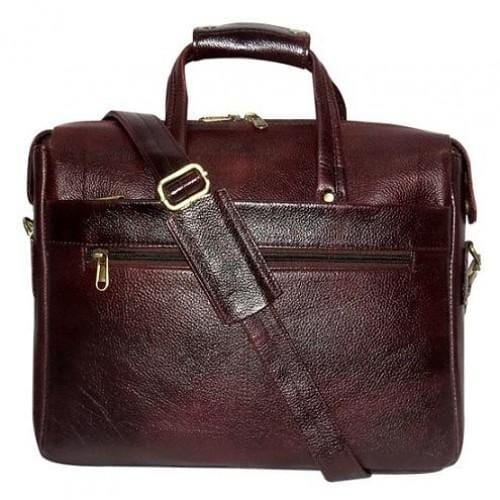Diabetic Shoes in Egypt are important means of preventing the formation of ulcerative defects. For the third part of patients suffering from this disease, wearing such shoes is mandatory.
Diabetic Shoes help reduce the risk of the appearance of a diabetic foot several times; sometimes wearing it has a more pronounced effect than long-term medical treatment. The main purpose of orthopedic shoes for diabetes is to protect the feet from the process of the formation of diabetic ulcers.

Features of Diabetic Shoes in Egypt
Diabetic Shoes have several important advantages compared to regular shoes:
- Does not have a compressive effect on the feet suffering from severe edema.
- Has a minimum of seams that prevent skin trauma.
- Has an easily extensible top.
- Has a wide nose made of soft material, due to which the toes fit freely in the shoes and do not rub when walking.
- Has a flexible not rigid sole, which absorbs mechanical effects on the foot.
- Has a tight backdrop, softened with a special gasket, which prevents the formation of corns and at the same time well fixes the foot.
- The internal volume of shoes is regulated by laces or special Velcro fasteners.
- The sole of such shoes does not have a heel or has a special heel with a bevel facing the front, which reduces the risk of injury.
- The presence of a removable shock-absorbing insole without instep (insole with a traumatic coating).
- High esthetics.
Diabetic Shoes in Egypt can be summer, winter, and demi-season; also, it can be classified by age range and severity of foot pathology.
Indications for wearing Diabetic Shoes in Egypt
The main indications for wearing special shoes for diabetes are:
- Diabetic polyneuropathy or angioplasty.
- Operations related to amputation of the lower limb.
- Chronic osteoarthropathy, which is accompanied by deformation of the feet.
- The presence of diabetic foot syndrome (in the absence of ulcers and other defects).
- Circulatory disorders in the toes.
- Joint deformation (to compensate for this defect).
The decision to wear Diabetic Shoes in Egypt is made by the doctor. It determines how effective the wearing of the product will be, selects the optimal shoe design.
Benefits
Diabetic Shoes in Egypt have many advantages:
- Comfortable to wear, as it is sewn from special fabrics.
- Possesses hypoallergenic, warming, massage and antibacterial effects.
- Suitable for wearing in dry and rainy weather.
- Have special orthopedic socks (elastic, comfortable to wear).
- Has a long service life.

How to choose Diabetic Shoes in Egypt ?
Lack of heels
When choosing Diabetic Shoes in Egypt, it is important to pay attention to how it looks, whether it has a platform or a heel. With a diabetic foot, they are not recommended. It is best to choose shoes with a closed top, so the skin will be minimally affected by the environment.
Full fix
Orthopedic shoes with a diabetic foot should be tightly fixed on the foot with Velcro, laces, fasteners.
Right size
The size must exactly match the actual size, if it is not selected correctly, this will further aggravate the condition of the feet of a patient with diabetes.
Natural materials
It is best to choose shoes from combined fabrics, most of which should be natural, a small percentage of synthetics is allowed. Bamboo shoes are also great for a diabetic foot. Bamboo is well ventilated, has an antimicrobial effect, and reduces perspiration.
Comfort
It is important to pay attention to the seams. If the shoes do not have seams in the toe, this is an ideal option that will help to avoid discomfort during the walk.
Constantly wearing properly selected Diabetic Shoes in Egypt, as a rule, helps to avoid serious complications of this disease.
Rules for the right choice of shoes
- The size of the shoe should exactly match the size of the foot. Tight or too loose bots cause poor circulation or chafing.
- Women's Diabetic Shoes in Egypt should not be high-heeled or with a narrow toe. Studs are not allowed. For women and men, low-heeled shoes are possible, which are slightly slanted.
- Seams should be few, and even better – with no seams at all.
- Zippers are not allowed. In diabetics, edema is often observed; therefore it is better to fix the shoe on the leg with Velcro or laces.
- The insoles or insoles should be soft and elastic, the sole should be stiff.
Buying Diabetic Shoes in Egypt is best done in specialized stores where there is a consultant. Wearing boots for the first time, the leg should feel comfortable. If there is a feeling of squeezing or pain, such shoes are unsuitable. When choosing a bot, you should consider the possibility of using additional insoles; otherwise, shoes with inserts will be reaped. Lacing should be parallel. To avoid infection with fungi, fitting is carried out in socks or under-foots. Classic, athletic or summer men's and women's shoes should be made of natural, well-ventilated materials.

Wearing rules
Diabetic Shoes in Egypt must be worn by following certain rules:
- You need to wear it constantly; it is advisable to have several pairs for the house and the street.
- Do not transfer orthopedic insoles from one shoe to another (sneakers, slippers).
- Several times a year (usually 1-2) it is important to change the insoles in shoes.
- Shoes should be in integrity, you need to inspect it for bends insoles, etc.
Orthopedic shoe care
Do not wash orthopedic shoes manually and in the washing machine, rinse and wash them, squeeze them in a centrifuge of the washing machine, dry them in tumble dryers, on a battery, fireplaces, on any other hot surfaces, wash them with a stiff brush, using abrasive products. Drying orthopedic shoes is necessary for a natural way - in the air.
Jlood online store have all what you need. Also You can wipe orthopedic shoes with wet wipes (regular or special), with which you can remove dirt, stains, and dust on the insoles and the outer surface.
For wiping, you can also use ordinary wet rags soaked in warm, slightly soapy water. Winter and demi-season orthopedic shoes require special care (sprays, creams) after preliminary cleaning with a damp cloth or wet wipes.


